Drivers in New York have been under increasing scrutiny in the past year with the introduction of the mayor’s Vision Zero plan, the institution of slow zones and more. Such vigilance extends to commercial drivers as well. The consequences that people with commercial driving licenses face for some violations such as a speeding ticket or a DUI conviction can be more far-reaching as it can impact their abilities to perform their jobs.
There are different types of commercial drivers’ licenses and making sure these are clearly understood can help drivers from getting into difficult situations. The Federal Motor Carrier Safety Association stipulates drivers must hold the correct endorsements to meet vehicle specifications or face penalties that could include fines. Some situations that require special endorsements include driving vehicles intended to transport passengers or hazardous materials. Additionally, drivers that operate trucks pulling two or three trailers or a tank must also obtain endorsements.
New York’s department of motor vehicles outlines the types of licenses issued. Commercial licenses can be classified as excepted or non-excepted. The former is for a limited range of driving situations that include:
- Transportation to and from school
- Transportation of persons needing medical care or of deceased persons
- Transportation of winter heating gas
- Driving emergency vehicles
Operating government vehicles also requires an excepted license. Excepted drivers do not need to meet federal medical requirements while non-excepted drivers do. Non-excepted licenses allow people to operate other types of vehicles as long as any required endorsements are obtained.
In addition to excepted and non-excepted, commercial licenses are either given for interstate or intrastate use only. Age and endorsement requirements for different commercial licenses in New York are:
- Non-excepted interstate drivers must be 21 years of age or older and have no K or A3 restrictions.
- Excepted interstate drivers must have A3 restrictions but no K restrictions and meet the minimum age requirement of 18 or 21.
- Non-excepted intrastate drivers must be at least 18 years old and have a K restriction but no A3 restriction.
- Excepted intrastate drivers must have a K and an A3 restriction and meet the minimum age requirement of 18 or 21 years old.
A commercial driver can have a driver’s license suspended or face penalties such as jail sentences in some situations. Understanding the laws in this area is an important way of protecting driving privileges and working opportunities.

